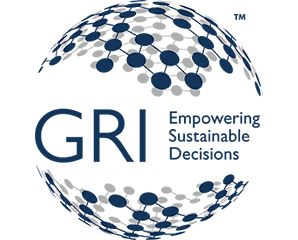

“The first 20 years of GRI have been a phenomenal success, but the practice of sustainability reporting needs to evolve. The point of sustainability reporting is for companies to increase transparency around critical topics that stand in the way of progress towards a sustainable and inclusive global economy,” said Tim Mohin, Chief Executive, GRI. “To achieve this goal, we need far more organizations to disclose information on their sustainability impacts, and we need them to make their reporting more concise, consistent, current, comparable and also forward-looking. GRI is the global leader in sustainability disclosure and we see it as our responsibility to mobilize this transformation.”
The GRI Sustainability Reporting Standards (GRI Standards) are the most widely used standards for sustainability reporting. They help companies identify and disclose their impact on issues such as climate change, human rights, inequality, governance, as well as social well-being. The practice of disclosing sustainability information leads to increased transparency, which paves the way for decisions that support sustainable and inclusive global economic growth. Through sustainability reporting, companies can contribute to building a better world, while reaping the benefits of more efficient use of resources, improved reputation, enhanced brand loyalty and stronger stakeholder relations. Organizations can also turn to GRI to comply with the emerging global sustainability regulations.
“Since inception, GRI has been much more than a reporting framework. Its founders envisioned an initiative that would catalyze a corporate accountability movement in service to the 21st century global sustainability agenda. In the ensuing two decades, GRI helped redefine how companies see themselves and how investors, civil society, government and other stakeholders see companies,” added GRI co-founder Allen White. “Rigorous, comprehensive sustainability disclosure rapidly shifted from extraordinary, to exceptional, to expected practice among thousands of companies across all continents. In an interdependent world roiled by ecological, social and geopolitical crises, GRI stands as an exemplar of how collaboration, science and perseverance can contribute to more just, prosperous and resilient future.”
